Leaders Are Not Problem Solvers is what numbered chapter?
A) 30
B) 33
C) 12
D) 39
B) 33
TRANSFORM THIS IQ INTO A QBQ!
IQ - Why do we have to do so much development for a car wash?
A) What kind of car wash makes me learn?
B) How can I make this development more enjoyable?
C) NO QBQ LISTED ABOVE
B) How can I make this development more enjoyable?
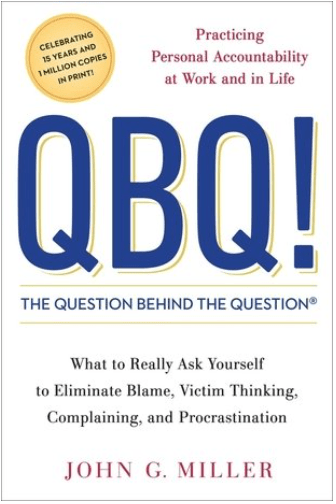
What program do you use to access your site's PnL report?
A) Orion
B) MaintainX
C) Tableau
D) None of the above
C) Tableau
TRUE OR FALSE.
The purpose of teaching is to impart knowledge from one person to another in an effort to enrich the knowledge of others.
TRUE
For dealing with difficult people, QBQ asks:
A) "Why are they so difficult?"
B) "When will they change their attitude?"
C) "What can I do to work more effectively with this person?"
D) "Who can make them behave better?"
C) "What can I do to work more effectively with this person?"
What is the primary message of Leaders At All Levels (Ch. 31)?
A) Leadership is about having a title
B) Leadership is about tenure and experience
C) Leadership is about managing a large number of people
D) Leadership is about the way we think and personal accountability
D) Leadership is about the way we think and personal accountability
What did Jacob Miller do when the customer wanted a Diet Coke but the restaurant only had Pepsi?
A) Told the customer to just drink Pepsi
B) Sent his manager to buy Diet Coke from a nearby store
C) Offered water as the only alternative
D) Called the Coca-Cola delivery service
B) Sent his manager to buy Diet Coke from a nearby store
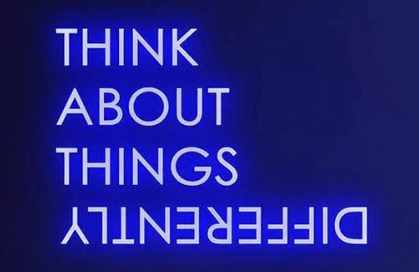
HOW HAVE YOU PREPARED YOUR TEAM LEADERS TO HANDLE SITUATIONS SIMILAR TO THESE?
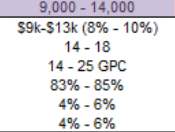
A site that washes between 9000-14000 cars per month should spend how much of its $100,000 total revenue?
A.) $6k-$8k
B.) $8k-$10k
C.) None of the above
B.) $8k-$10k
Which is the correct sequence in the Development Model?
A) Teach → Perform → Demo → Coach
B) Teach → Demo → Perform → Coach
C) Demo → Teach → Coach → Perform
D) Coach → Demo → Teach → Perform
B) Teach → Demo → Perform → Coach
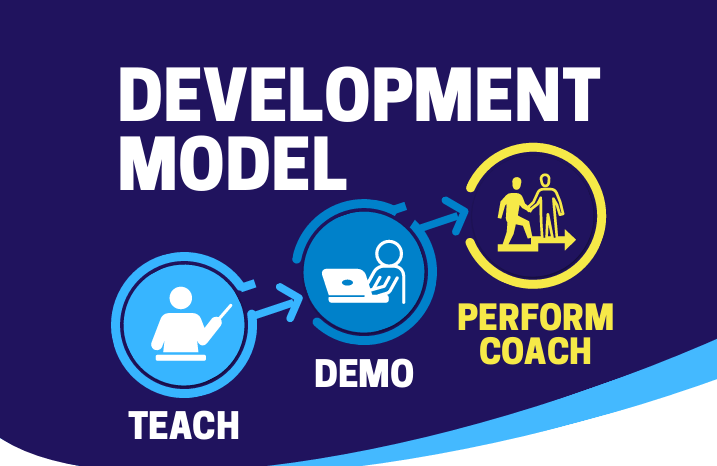
Which of the following is NOT an example of a QBQ (Question Behind the Question) as discussed in Chapter Thirty-Four?
A) "How can I serve them?"
B) "Why are our prices so high?"
C) "What can I do today to be more effective?"
D) "How can I add value for my customers?"
B) "Why are our prices so high?"
What are the results of poor thinking that QBQ eliminates?
A) Fear, doubt, and worry
B) Blame, complaining, and procrastination
C) Anger, frustration, and sadness
D) Confusion, chaos, and conflict
B) Blame, complaining, and procrastination
In the airplane story, when the engine quit, what did Stacey's father say he needed to do?
A) Pray for a miracle
B) Call for emergency assistance
C) Fly the plane differently
D) Prepare for a crash landing
C) Fly the plane differently

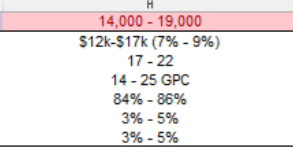
A site that washes between 14000-19000 cars per month should achieve an 84-86% __________ ?
A) Tunnel Efficiency Rate
B.) Gross Profit Percentage
C. Gross Profit Adjustment
B.) Gross Profit Percentage
TRUE OR FALSE.
WhiteWater Development is dependent on the leaders.
TRUE
Technology keeps malfunctioning and slowing you down. Your QBQ:
A) "Why is this technology so unreliable?"
B) "When will IT fix these problems?"
C) "Who bought this terrible equipment?"
D) "What can I do to work around these issues?"
D) "What can I do to work around these issues?"
Transform "Why don't people respect me?" into a QBQ:
A) "When will they start respecting me?"
B) "What can I do to earn more respect?"
C) "Who's telling them not to respect me?"
D) "Why are people so disrespectful?"
B) "What can I do to earn more respect?"
How does skipping the "Encourage" step in coaching relate to Miller's "goat heads" concept?
A) Both cause physical discomfort
B) Both are unavoidable obstacles in any process
C) Both require special tools to overcome
D) Both represent negative choices that lead to unproductive outcomes
D) Both represent negative choices that lead to unproductive outcomes
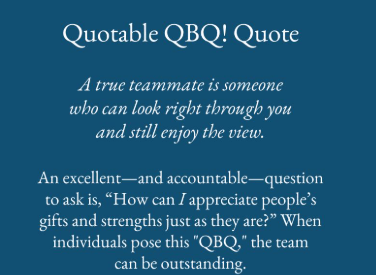
SALES - COST OF GOODS SOLD = ?
A) GP%
B) Over/Short
C) R&M
D) Gross Profit
D) Gross Profit
TRUE OR FALSE.
WhiteWater's success is due to development.
TRUE.
QBQ questions are designed to:
A) Make problems disappear immediately
B) Help us blame the right person
C) Prove we're victims of circumstances
D) Lead us to actionable solutions
D) Lead us to actionable solutions
Your team member is consistently late to their shifts. What's the QBQ approach?
A) "Why is he always late?"
B) "When will he learn to be punctual?"
C) "What can I do to help our team member be more effective?"
D) "Who should talk to him about this?"
C) "What can I do to help our team member be more effective?"
According to the book, victim thinking often begins with what word?
A) "What"
B) "How"
C) "Why"
D) "I"
C) "Why"
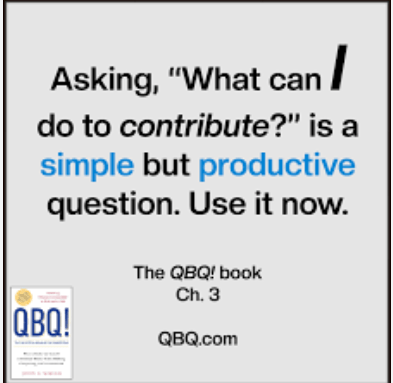
When you read your PnL report from the previous month, you notice the water cost is higher than usual. What do you pay closer attention to?
A) Customer's usage of amenities
B) Customer's usage of membership
C) Team's usage of water
D) Team's usage of development model
C) Team's usage of water
What is the ultimate goal of the Development Model based on its structure?
A) To provide theoretical knowledge
B) To create a cycle of continuous improvement
C) To evaluate performance
D) To document procedures
B) To create a cycle of continuous improvement
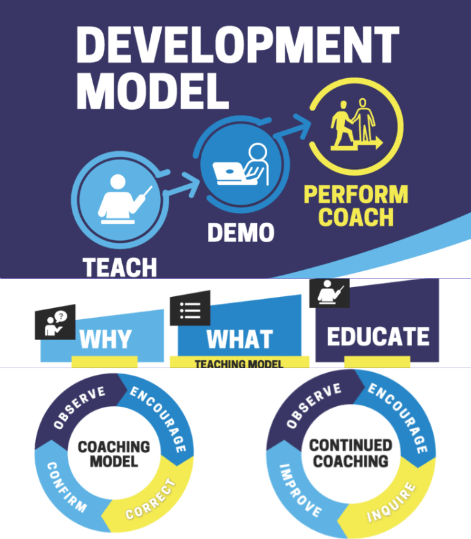
Which of the following is a key principle of servant leadership as discussed in Chapter Thirty-Two?
A) Asserting authority over others
B) Helping others reach their goals
C) Focusing on personal success
D) Delegating all tasks
B) Helping others reach their goals
You didn't get the promotion you wanted. What's the best QBQ response?
A) "Why don't they appreciate my work?"
B) "When will I get fair treatment?"
C) "What can I do to better demonstrate my value?"
D) "Who made this unfair decision?"
C) "What can I do to better demonstrate my value?"
In Chapter 11, what does Deb Weber of State Farm Insurance suggest happens when you "do the job with the tools you have"?
A) You get promoted
B) You tend to receive more tools
C) You become more efficient
D) You need to request upgrades
B) You tend to receive more tools
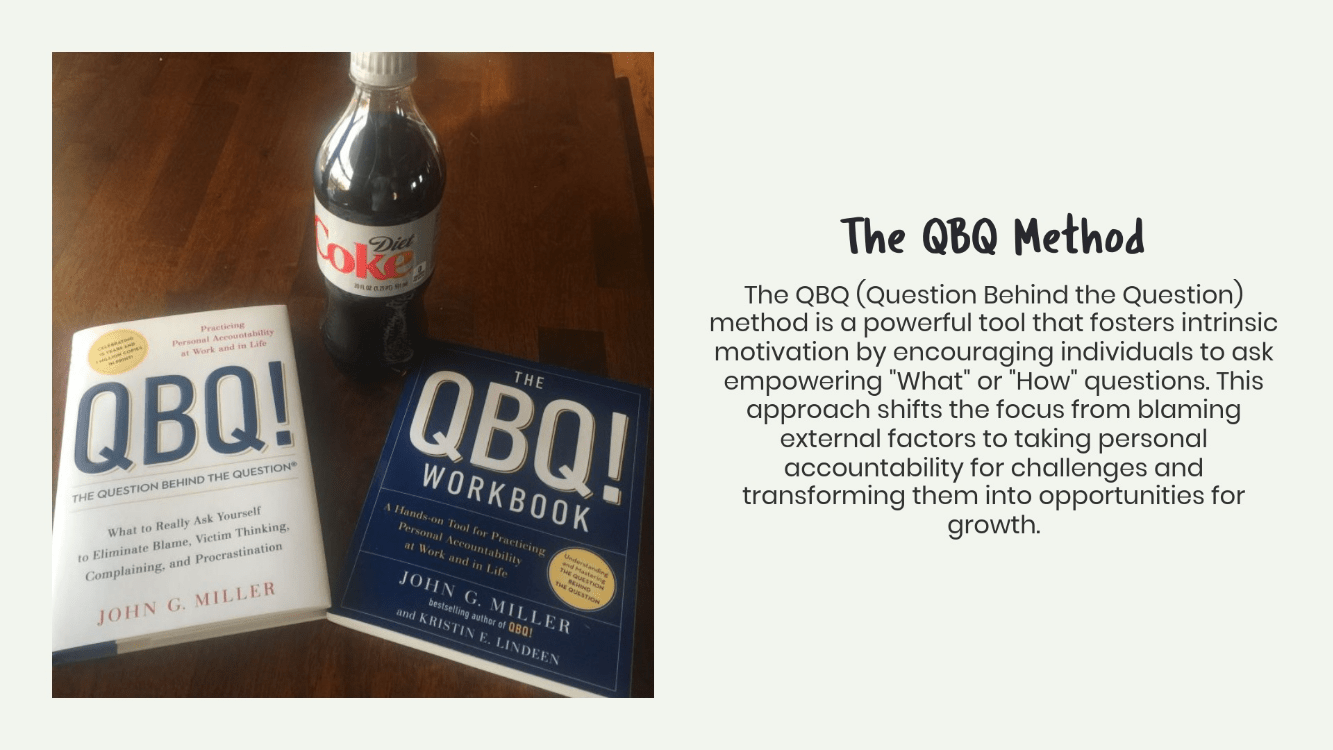
When you read your PnL report from the previous month, you notice the member revenue is lower than in previous months. What do you pay closer attention to?
A) Customer's awareness of amenities
B) Drive-Up customers' awareness of memberships
C) Team's usage of water
D) Team's usage of development program
D) Team's usage of development program
Which of the following is described as "HANDS-ON, REAL TIME, SIDE-BY-SIDE" in the Development Model?
A) Teaching Model
B) Demonstration
C) Continued Coaching
D) Perform & Coach
B) Demonstration 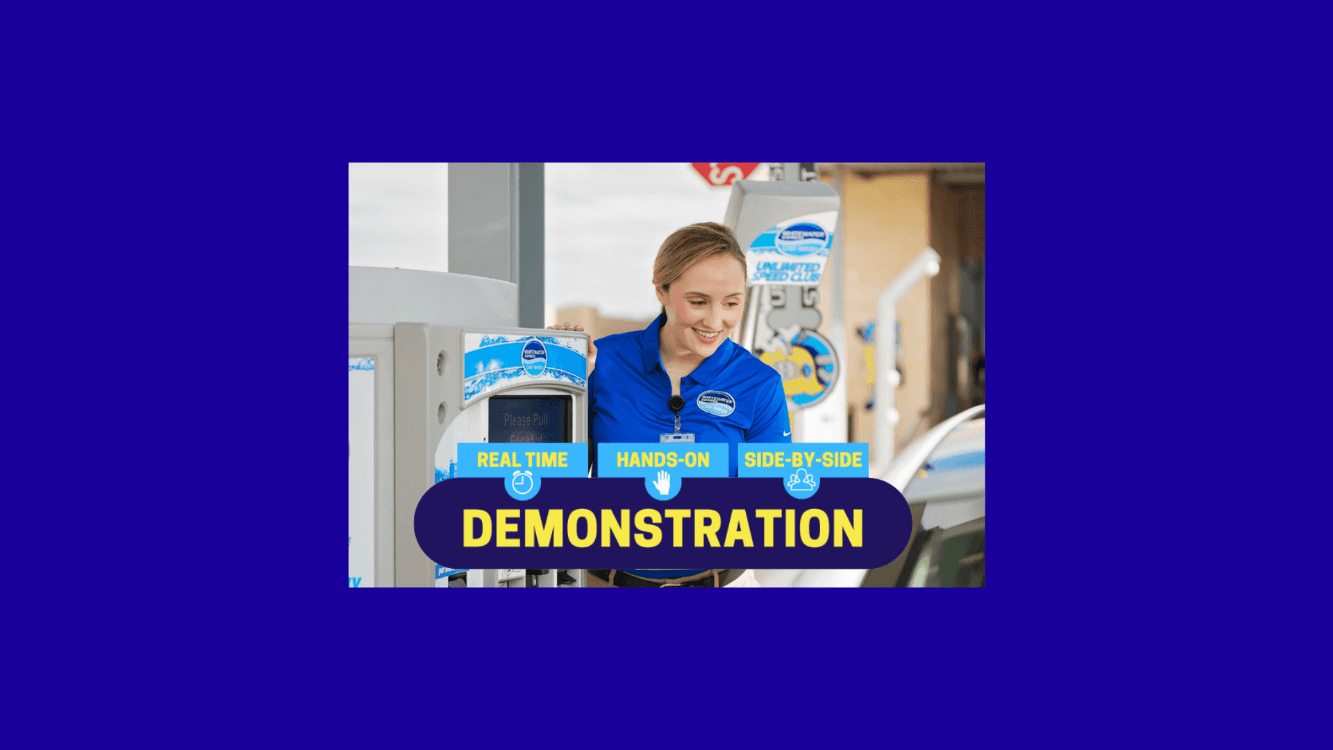
Personal life issues are affecting your work performance. Your QBQ:
A) "Why is my personal life so difficult?"
B) "When will these problems resolve themselves?"
C) "What can I do to better manage my work-life balance?"
D) "Who can fix my personal problems?"
C) "What can I do to better manage my work-life balance?"
A customer is angry about a service issue. Your QBQ should be:
A) "Why are they so unreasonable?"
B) "What can I do to solve this customer's problem?"
C) "When will they calm down?"
D) None of the above.
B) "What can I do to solve this customer's problem?"
What does the author call procrastination in Chapter 10?
A) The Mother of Invention
B) The Enemy of Progress
C) The Friend of Failure
D) The Silent Killer
C) The Friend of Failure
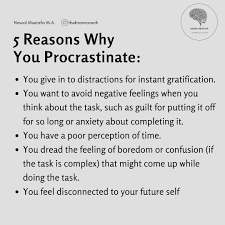

Each PnL report shows 3 separate columns of information. Describe the difference between the 3 columns of information.
GROUP VOTE ON CORRECT ANSWER!
During the Correct step of the Coaching Model, how many areas for improvement should be addressed each time?
A) 1
B) 1-2
C) All areas should be addressed
B) 1-2
What role does choice play in QBQ philosophy?
A) We have no real choices in difficult situations
B) Choices are made by management
C) We always have a choice in how we respond
D) Good choices require perfect circumstances
C) We always have a choice in how we respond
In an unproductive meeting, your QBQ should be:
A) "Why are these meetings so useless?"
B) "When will this meeting end?"
C) "What can I do to make this meeting more productive?"
D) "Who scheduled this waste of time?"
C) "What can I do to make this meeting more productive?"
According to the author, when we ask "When?" questions, what are we really saying?
A) We're eager to get started
B) We have no choice but to wait and put off action
C) We need more information
D) We're ready for change
B) We have no choice but to wait and put off action
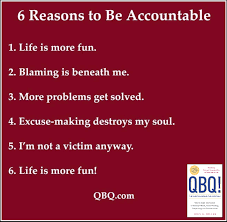
What does EBITDA stands for?
NO MULTIPLE CHOICE!
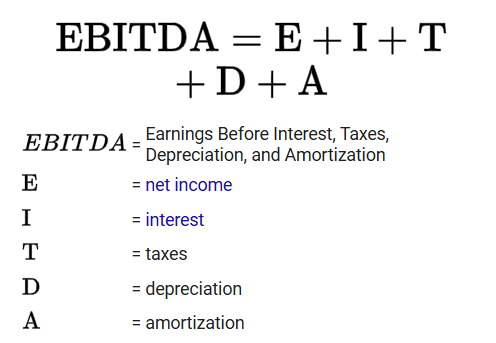
Why is it important to observe the team member performing the procedure multiple times?
A) To determine if the error was a one-time mistake
B) To document the error in the personnel file.
C) Both answers are correct
A) To determine if the error was a one-time mistake
What's the connection between QBQ and leadership?
A) Leaders don't need QBQ
B) Leadership starts with leading yourself
B) Leadership starts with leading yourself